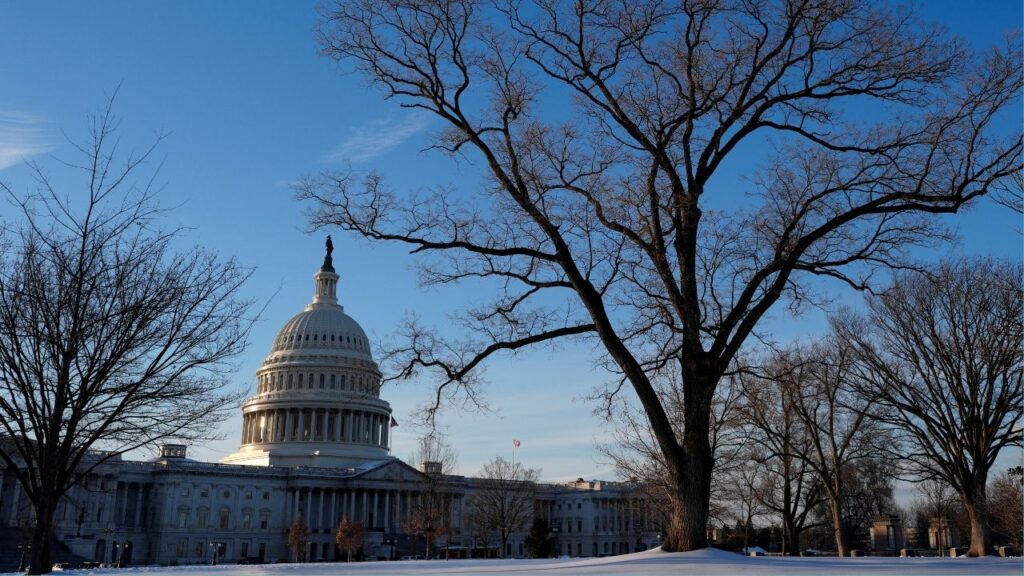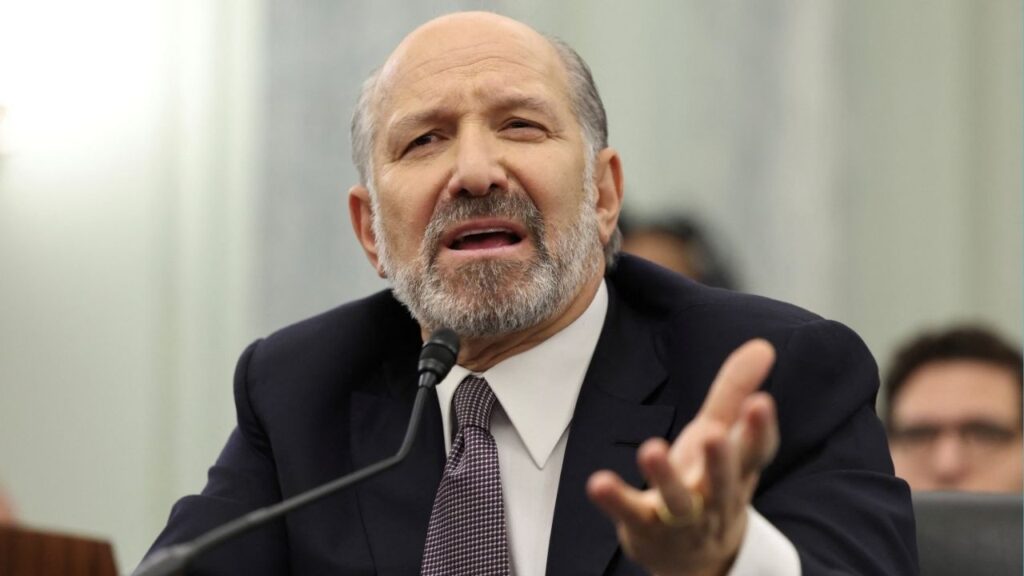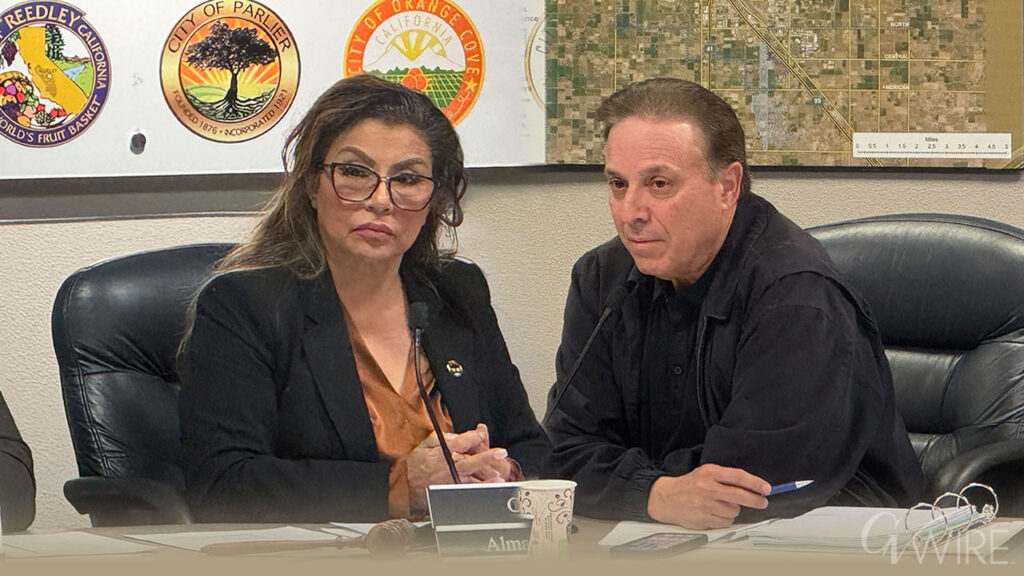Share
![]()
■The Market Match program has been a lifeline for low-income Californians since 2010.
■The program faces a threat from proposed budget cuts by Gov. Gavin Newsom.
■The potential loss of this program threatens low-income Californians’ nutrition.
When we think of a farmers market in California, we usually picture vibrant displays of beautiful, albeit expensive, fruits and vegetables, and perhaps a tempting array of pricier prepared foods. However, the roots of farmers markets in California trace back to the late 1970s, when they first emerged in low-income areas.

Sarah Portnoy
Special to CalMatters
Opinion
They were designed to facilitate a direct connection between farmers and consumers, an arrangement that proved to be a win-win for both small-scale farmers and those seeking affordable, fresh produce.
Today, farmers markets may be more prevalent in affluent neighborhoods, but a key program has been working diligently to uphold their original spirit, making fresh fruits and vegetables accessible to all Californians. The Market Match program has successfully placed fresh produce into the shopping bags and kitchens of low-income Californians at more than 293 farmers markets across the state. Since 2010, this program has empowered shoppers who receive CalFresh benefits, allowing them to double their funds for exclusively California-grown fruits and vegetables.
Frank Tamborello, the executive director of Hunger Action Los Angeles, aptly describes the Market Match program as a “win-win-win.” It helps fight hunger while promoting healthy eating habits and supports California farmers, boosting the small-farm economy and contributing to environmentally sustainable agriculture.
Despite its evident benefits, the program faces a looming threat from budget cuts as state leaders work to close a multibillion-dollar deficit. Gov. Gavin Newsom proposed a $33.2 million cut from the three-year, $35 million California Nutrition Incentive Program, a move that would effectively end Market Match once the remaining funds dry up. Since 2015, the state has supported the program by matching federal funds through a grant from CNIP, enabling substantial expansion over the past nine years.
Market Match has routinely reported increases in low-income shoppers using their benefits at farmers markets. Last year, 9% of the roughly 574,000 visits were first-timers, underscoring the program’s positive impact on both consumers and local farmers.
The potential loss of this program threatens low-income Californians’ nutrition, especially those who live in food deserts where corner stores and vacant lots are more prevalent than full-service grocery stores. In such neighborhoods, an orange can cost more than a soda, highlighting the disparities in accessing affordable, nutritious food.
The proposed cuts would also significantly impact rural farmers who rely on the revenue generated from weekly market sales. It’s a steady source of income in an era defined by its unpredictability.
In the wake of the pandemic, the number of food-insecure households in California surged as costs for fresh produce increased. A USC study last year revealed that 1 in 3 households in Los Angeles County experience food insecurity, indicating a dire need for programs like Market Match. Cutting this essential program would exacerbate the challenges faced by low-income shoppers in bringing home nutritious food for their families, compounding the intense pressure to simply put food on the table.
Access to healthy, affordable and culturally appropriate food is a fundamental human right. As Californians confront the potential loss of the match program, we must recognize its profound impact. In a state known for its agricultural abundance, we cannot allow budgetary decisions to compromise the well-being of others in our community.
About the Author
Sarah Portnoy is a USC professor of Latinx food studies. She is also an executive producer, author, documentary filmmaker, curator and activist.
Make Your Voice Heard
GV Wire encourages vigorous debate from people and organizations on local, state, and national issues. Submit your op-ed to bmcewen@gvwire.com for consideration.



















